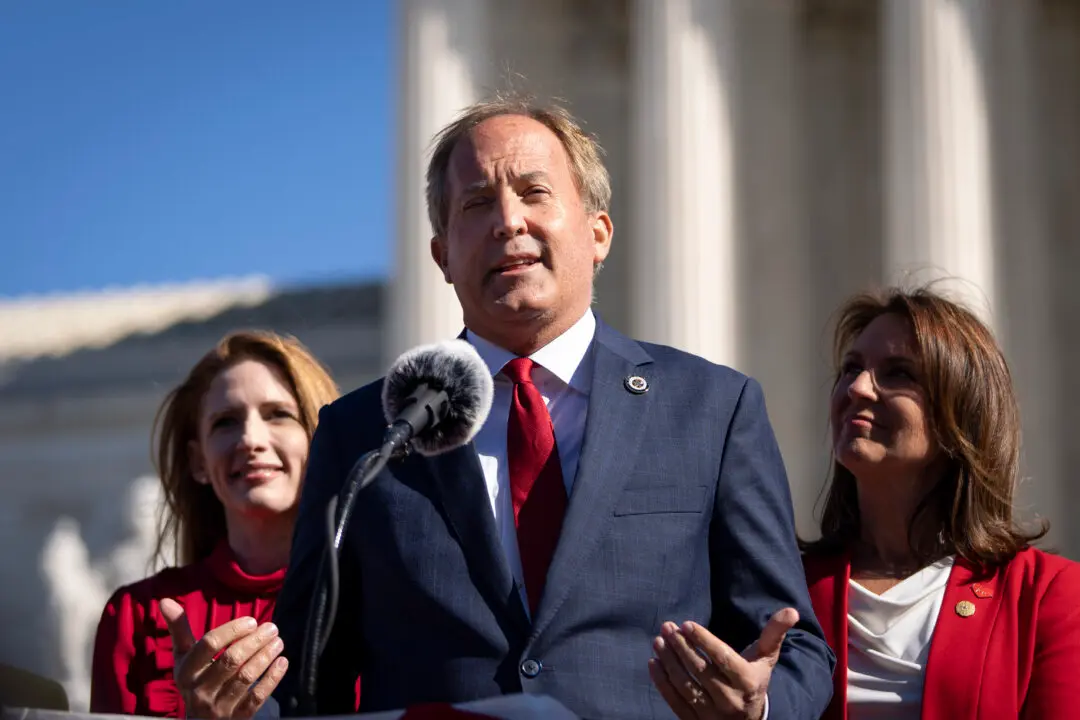The Florida Parent Teachers Association (PTA) hosted a “Learn to Bust Book Bans” webinar to inform parents and educators about recent changes in legislation that allow for media reviews of books that may contain explicit or “sexual content.”
Equality Florida, a statewide civil rights group devoted to equality for the LGBT community, hosted the Dec. 12 webinar. The stated goal was to give parents tools and “talking points” to “fight back” against book removal in the districts where a parent or teacher calls for a specific title to be pulled from shelves and reviewed for its content.





